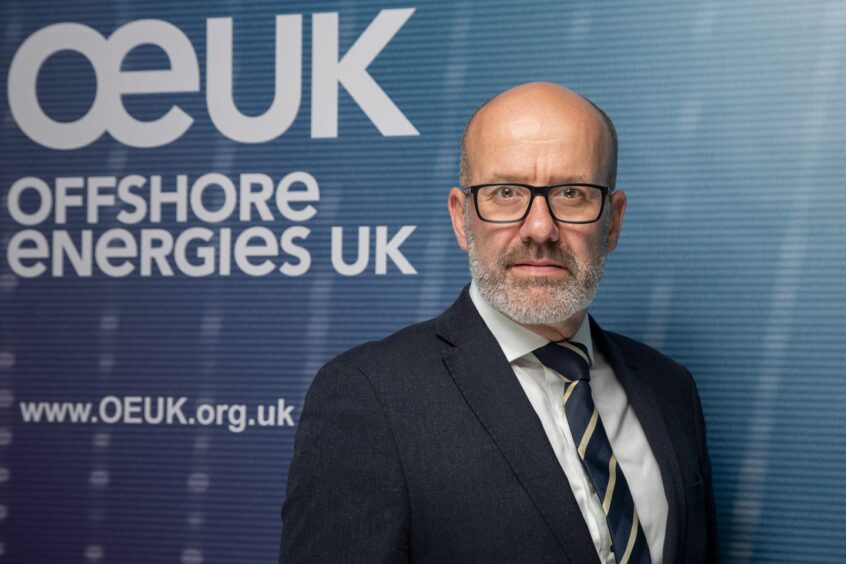
The delivery of the energy transition will be one of the greatest engineering challenges and opportunities of our time. Failing to recruit, retain and attract the necessary capabilities and expertise into the industry will jeopardise the UK’s ability to meet its energy security and climate goals. Connected Competence must be part of that solution.
The Engineering Construction Industry Training Board (ECITB) helped develop Connected Competence scheme. It’s a highly effective way for time-served employees to demonstrate and future-proof their knowledge, ensure technical competence and contribute to good safety performance.
It ensures people have a common base level of technical competence similar to high standards of sector-wide safety training. Connected Competence helps eliminate the cost of unnecessary training and creates a workforce with recognised, transferable engineering skills that will support up-skilling as the energy transition evolves.
RGU’s Powering up the Workforce Report reveals that our offshore energy workforce could increase by up to 50% from over 150,000 in 2023 to 225,000 by the end of the decade. However, for a successful managed transition that ensures our skilled people are prioritised, the decline in oil and gas activity must be matched or exceeded by growth in renewables.
That’s why we support a scheme that delivers a recognised, transferable base level of technical competence in trade disciplines including pipefitting, plating electrical installation for example, as these also increase our safety resilience.
Inadequate management of competence was a contributing factor to accidents like the Texas City oil refinery explosion in 2005. Ensuring people have the right skills for the job at the right standard of competence is essential to help prevent potential fatalities, personal injury and ill health.
18 asset owners including bp and Shell have signed the Connected Competence Client Charter. Through this commitment, they recognise and promote Connected Competence as the industry standard for technical competence assurance and include it in supply chain contracting strategies.
The knowledge, skills and expertise cultivated here have transcended geographical boundaries. Our talented people have over the past 50 years used their expertise to help develop best practice and technical guidelines which along with their skills have been exported around the world. They possess many of the competencies and abilities we need to unlock the low carbon energies of the future.
The skills our people have developed in oil and gas are eminently transferable to renewables and we also need to find ways to attract new entrants to the industry. We are in a global race to secure the people and skills we need to unlock the UK’s low carbon future.
It is crucial to recognise the importance of adaptability and continuous learning as we move forward with Connected Competence and other evolving initiatives like the Energy Skills Passport intended to help people work seamlessly across different sectors. They complement each other and support our industry’s aim to adopt a standardised approach as the energy transition evolves.
We encourage both operators plus companies of all sizes from major contractors to small to medium enterprises (SMEs) to commit to initiatives like Connected Competence. Only then will we truly see our standards improve.
People and Skills is one of the five key commitments of the North Sea Transition Deal (NSTD). Agreed with the UK government in 2021, the Deal outlines our plan of action and how we equip and empower our workforce to deliver a homegrown energy transition by 2050.
We work closely with key stakeholders to ensure that current and future skills, training and standards are rigorously assessed. That enables us to help people develop the right skills and receive the training and support they need to play their role in protecting our energy security, decarbonising our energy production and delivering economic growth.
Energy remains at the centre of the political and media debate. The successful delivery of the energy transition will require our industry and stakeholders to work better together to unlock the opportunities we have in oil and gas, offshore wind, CCUS and hydrogen.
We cannot have consistent growth in the economy, tackle energy security and deliver net zero without our skilled and experienced workforce.
Ensuring we recruit, retain and attract people with the necessary capabilities and expertise into our industry is imperative for the UK to meet its energy security and climate goals. Connected Competence has a key role to play in helping us achieve that goal.
Recommended for you
